The Entrepreneurial Operating System® attracts all kinds of professionals. Future IntegratorsTM are drawn to elements of EOS® like process discipline and institutional structure. CFOs appreciate the system’s foundation in long-term planning.
In my experience, owners and CEOs—the people who most often align with the Visionary role—make up the biggest single group of people who get attracted to EOS. The reason is simple: they are looking for ways to eliminate their company’s internal barriers to growth.
Leaders of organizations that are stuck in a rut typically have plenty of explanations for their struggles. Maybe attracting great talent is hard, or a key supplier is underperforming. Many Visionaries I talk to also recognize themselves as part of the problem. “How do I get out of the way of my business?” is a common question newcomers to EOS often ask.
It’s important for Visionaries to understand that although the role of an executive coach overlaps with that of an EOS Implementer®, they differ in important ways.
Distinct areas of focus
Experienced executive coaches are protective of their scope. Their job is to help one person be more effective at work. An executive coach I know told me she’s learned to get right to the point if her clients want to include more people in their meetings. Her rule is, “They can listen, but they shouldn’t speak unless spoken to.”
An EOS Implementer’s client is the business, not the executive. By coaching up the leadership team, an Implementer facilitates the incorporation of EOS into every level of the organization.
Does that mean the Implementer ignores the professional coaching needs of Visionaries or other executives? Of course not. The Visionary and Integrator are the most important drivers of success with EOS. Sometimes an Implementer’s advice can be helpful to other members of the leadership team, too.
Personal versus institutional systems
Like Implementers, many executive coaches follow a system. Every professional can benefit from a great system for personal success, just as every company can benefit from a great system for business success.
This distinction has an important impact on the kinds of tools an advisor will bring to the engagement. Because an executive coach is focused on making one person into a stronger professional, the line between personal and professional needs can be blurry.
One executive coach I know emphasizes the client’s whole person. She told me recently that she was spending a lot of time encouraging one client to exercise more. “I talk to his personal trainer two or three times a month,” she said. It’s what her client wants her to do to keep him accountable to his fitness goals, which make him a better leader.
Accountability is something common to both roles. Once again the difference comes down to emphasis. The teams I work with appreciate my pointed questions during their quarterly meetings: Have you finished all your Rocks? If not, why? If you’re not on target to meet your one-year or five-year goals, what is behind it?
Can your EOS Implementer also be your executive coach?
Following the EOS Process® to the letter limits how “personal” an EOS Implementer gets with individual members of a client team. Getting too focused on one person’s challenges can go against important features of EOS, like open communication and confronting issues as a team.
Nevertheless, your Implementer can shift into a quasi-coaching role when your company’s implementation of EOS would benefit from it. EOS Implementers typically join EOS after many years of experience in business leadership. Over the course of their careers, they have worked with all sorts of personalities and found solutions to thorny management issues.
Along with experience, an EOS Implementer brings the benefit of expertise in a proven, streamlined process. Your Implementer’s approach to “coaching” will be specific to EOS not just because EOS solutions work in isolation. They also are designed to work as part of an organization-wide approach to solving business challenges. The goal of one-on-one coaching sessions should always be to bring proposed solutions to the team for discussion.
Which kind of advisor is right for your business?
A great executive coach can be transformative for a leader’s effectiveness. Especially when the organization’s “issues” are with something specific to a person—for example, a gap in cultural awareness or challenges with public speaking—an executive coach is the optimal choice.
When the organization’s challenges are institutional rather than personal, EOS might be the right choice. I’d be happy to help you sort through the options. Give me a call at (954) 598-4615 or send me an email at [email protected]. I’m looking forward to hearing from you!


